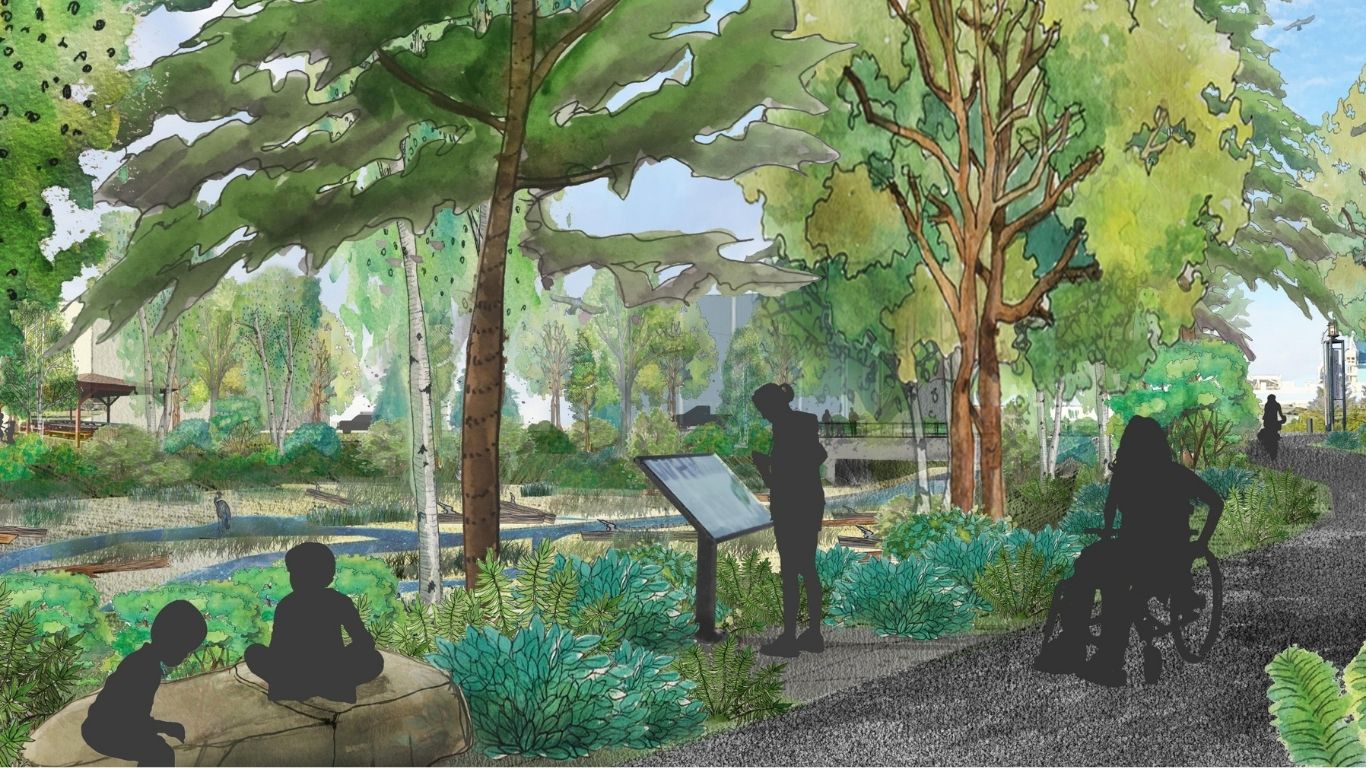Victory: Protecting Farms in the Sammamish Valley
The Growth Management Hearings Board rules in favor of Futurewise and Friends of Sammamish Valley’s appeal of the King County wineries, breweries and distilleries ordinance.
In 2019, King County adopted a new ordinance that allows bars and event spaces to locate on farmland and upstream valley walls by classifying them as wineries, breweries and distilleries even if they do not brew, distill, or grow crops related to the beverages they sell.
The ordinance has kicked off a cycle of real estate speculation that has driven the price of Sammamish Valley farmland out of reach for farmers. These event spaces convert the richest farmland in the state to surface parking, with auto-related contaminants washing into adjacent farms and the Sammamish River.
However, Futurewise believed the ordinance as adopted was insufficient in protecting working farms and water resources. With our partners Friends of the Sammamish Valley, Futurewise appealed the ordinance to the Growth Management Hearings Board.
In January 2022, the Growth Management Hearings Board ruled in our favor. The GMHB concluded that King County’s Adult Beverage Zoning Ordinance failed to comply with the Washington State Environmental Policy Act (SEPA) and the Washington State Growth Management Act (GMA).
The Board also made a finding of invalidity, meaning that development applications for adult beverage uses, such as tasting rooms or event centers, cannot be approved until a new ordinance that complies with state law is adopted by the county.
The Ordinance, originated by former King County District 3 Councilmember Kathy Lambert, was strongly opposed by farmers, rural and urban residents, local businesses, and environmental and community groups who argued that numerous negative impacts on rural communities and the environment would result from opening protected resource lands and rural area residential neighborhoods across King County to adult beverage business retail activities such as tasting rooms, wine bars, taverns and event centers.
Key findings by the GMHB:
- The Board noted that SEPA is a “environmental full disclosure law” and concluded, once again, that the County failed to conduct a proper analysis, which meant County decision makers did not have the adequate environmental impact information to make a fully informed decision prior to their vote to adopt the Ordinance.
- The Ordinance failed the GMA mandate to protect farmland in numerous ways including allowing uses not linked to agriculture in the County, lack of protection of prime agricultural lands, and no protection against adverse impacts from nearby adult beverage businesses uses including events, according to the Board.
- The Board agreed with FoSV and Futurewise that the Ordinance amounts to a de facto override of the Urban Growth Boundary established under the GMA, improperly allowing businesses which serve urban populations to set up shop in the Rural Area where there is no urban-level infrastructure” (e.g. sewer hookup, parking, sidewalks).
- The Board found that the Demonstration Project A Overlay, which had the effect of allowing formerly illegal uses south of Woodinville in the rural area, violated the GMA.
- The County’s repeated argument that the Ordinance is a mere tightening of pre-existing zoning designations was deemed as flawed. The Board highlighted several areas where impacts of expansion were not considered, including repeal of the prior code provision that limits sales to products produced onsite, the reduction of lot size from 4.5 acres to 2.5 acres, and provisions that allow for the expansion on the number of events and exemptions from zoning limitations on events.
- The Board concluded that development allowed by the ordinance is inconsistent with the character of the rural and agricultural areas of the county including open spaces, can pollute groundwater, reduce instream flows, and adversely impact fish and wildlife.
The Friends of Sammamish Valley and Futurewise look forward to working with the County Executive and County Council to adopt an ordinance that addresses the county’s legitimate goals and the concerns of the farmers and rural residents. We are confident working farms, rural residents, salmon habitat, and the environment can be protected.
More information:


